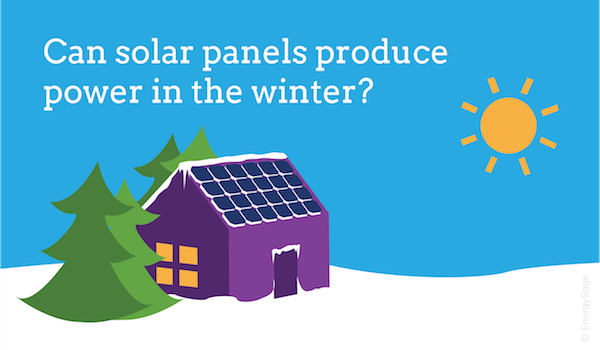Even though the strength and duration of sunlight matters more temperature also plays a large role in your solar panels efficiency.
Does temperature affect solar panel efficiency.
The amount of energy produced by a solar panel is calculated by multiplying the current and the voltage.
Although solar panels use sunlight to produce energy they do not require heat in any way.
Like all other semiconductor devices solar cells are sensitive to temperature.
How heat affects solar panel efficiency.
Photovoltaic modules are tested at a temperature of 25 degrees c stc about 77 degrees f and depending on their installed location heat can reduce output efficiency by 10 25.
The temperature coefficient tells us the rate of how much will solar panel efficiency drop when the temperature will rise by one degree celsius 33 8 f.
Suppose your solar panel has a rating temperature coefficient rating as 0 5 then for every one degree rise in the temperature the solar panel efficiency decreases by 0 5.
How hot air affects your solar panels.
Solar panels are tested at 25 c 77 f under the standard test condition stc and thus going beyond that temperature affects energy output.
However solar panels can get as hot as 65 c 149 f at which point solar cell efficiency will be hindered.
Many of our customers in massachusetts want to know exactly how changes in heat can affect solar panel performance.
The energy production efficiency of solar panels drops when the panel reaches hot temperatures.
While an increase in heat doesn t affect the amount of solar energy a solar panel receives it does affect how much energy they output.
Solar panels are generally tested at about 77 f and are rated to perform at peak efficiency between 59 f and 95 f.
Common sense might indicate that since solar panels rely on sunlight to function warmer air would help solar panels run more efficiently or with more power but that s not the case.
The decrease in the band gap of a semiconductor with increasing temperature can be viewed as increasing the energy of the electrons in the material.
It may seem counter intuitive but solar panel efficiency is affected negatively by temperature increases.
The standard temperature for the power testing of solar panels is 25 c and this is what you find in the manufacturer s ratings.
Home solar panels are tested at 25 c 77 f and thus solar panel temperature will generally range between 15 c and 35 c during which solar cells will produce at maximum efficiency.
Install factors like how close the panels are installed to the roof can impact the typical heat of your solar system.
As the temperature of the solar panel increases its output current increases exponentially while the voltage output is reduced linearly.



























